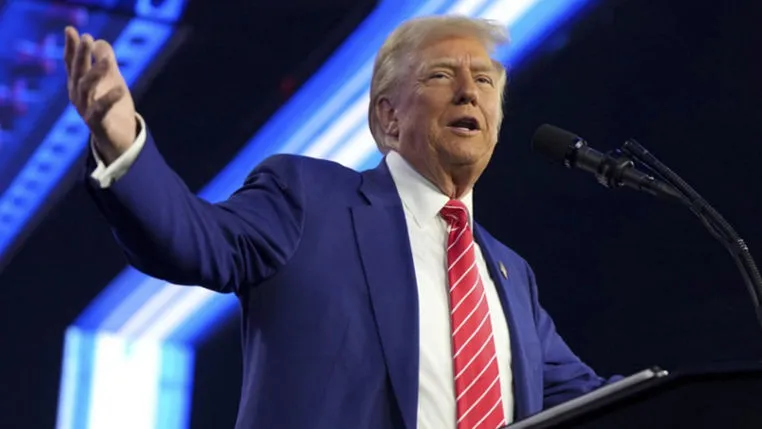New York: As voters cast their ballots in the highly anticipated 2024 presidential election, a close contest between Donald Trump and Kamala Harris is reflected in both prediction markets and the US stock market. With in-person voting underway, investors are actively adjusting their bets based on the latest available data.
Prediction Markets Lean Toward Trump
Platforms like PredictIt, Kalshi, and Polymarket have become hubs for gauging public sentiment on the election. As of Monday, Polymarket shows Trump with a 60% chance of winning, down from 67% last week after a new poll in Iowa indicated stronger support for Harris. Meanwhile, Kalshi lists Trump at 56%, also lower than last week, but still above Harris. PredictIt shows Harris with a narrow edge, but with limits on wager amounts, it may not fully reflect market sentiment.
Polymarket’s popularity as a cryptocurrency-based prediction platform draws both attention and criticism, with some detractors arguing that its prices are easily influenced by large transactions. Despite such criticisms, its odds have often mirrored those in traditional stock markets, highlighting the influence of prediction markets on investment sentiment.
Election-Inspired Investment Portfolios
To measure how stocks may react based on the election outcome, Piper Sandler, a prominent investment firm, created two distinct stock portfolios: one anticipating a Trump win and the other, a Harris victory.
– Trump Portfolio: The Trump-focused portfolio includes companies that could face tougher regulations under a Democratic administration, such as Apple and other major tech firms, as well as oil and weapons manufacturers, which stand to benefit from a Trump administration’s trade policies.
– Harris Portfolio: The Harris portfolio favors electric vehicle manufacturers and renewable energy companies, sectors expected to benefit from Democratic-led policies on climate and energy. The portfolio also avoids heavily regulated industries like banking, which could face stricter regulations under Democratic policies.
Tense Markets Await Final Results
Election Day brings a mix of optimism and caution to the markets. With Trump slightly favored by prediction platforms, investors are watching closely for any shift in public sentiment or last-minute polling data. Although predictions from election-betting sites like PredictIt and Kalshi may not fully indicate the actual results, they provide insight into market expectations.
Historical data shows that US stocks tend to rise over time, regardless of the winning party, although specific sectors may respond differently based on policies. Investors generally prefer a stable government or split control between parties, which could limit policy changes.
Looking Ahead: Election Uncertainty
While Election Day remains too close to call, market analysts suggest a long-term view on corporate performance rather than short-term political uncertainty. Even if results are contested, the stock market has shown resilience, often bouncing back as uncertainty clears.
With the race tightening between Trump and Harris, the markets remain a strong indicator of investor sentiment as Americans await final election results.






















